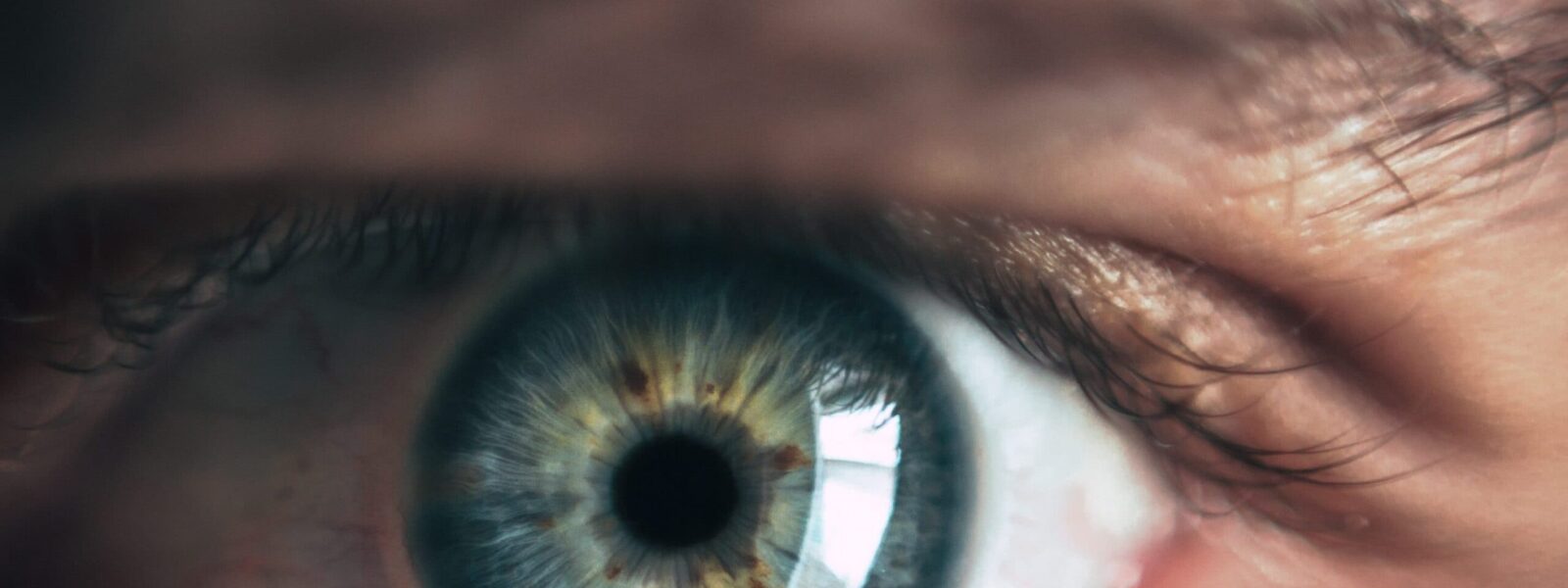Voyeurism might be a term you’ve never come across before. It is quite a niche offence, so it would be understandable if you’re not. However, if this applies to you, you’re in the right place!
In this article, our criminal law solicitor explains everything you need to know, including whether voyeurism is illegal, what a voyeurism crime consists of, and what the voyeurism sentencing guidelines are.
Are you facing charges for a voyeurism offence? Book a consultation with our criminal defence solicitors or request police station representation on 0203 007 5500.
What is voyeurism?
Voyeurism is the act of gaining sexual pleasure through watching or recording someone in a private act. To fall under this offence, it must be non-consensual.
Both the Sexual Offences Act 2003 and Voyeurism Offences Act 2019 label voyeurism as a crime. Whilst both acts focus on slightly different areas, they still apply in their own right.
What is Section 67 of the Sexual Offences Act?
Under Section 67 of the Sexual Offences Act, an instance of voyeurism includes:
- Observing someone in a private act (e.g. watching somebody through a window.)
- Recording someone in a private act. (e.g. filming people having sex.)
- Installing a camera or similar piece of equipment with the intention of recording someone in a private act. (e.g. installing cameras in a toilet or bathroom.)
A private act is what a reasonable person would only do in privacy (e.g. being naked or engaging in sexual activities.)
For a voyeurism charge to be valid, the intent must be of sexual pleasure. There must also be no consent given.
What is the Voyeurism Offences Act?
Introduced in 2019, the Voyeurism Offences Act covers other matters that are voyeuristic in nature. An offence committed under this act must meet the following criteria:
- The offender records or operates equipment underneath the clothing of someone else.
- It is specifically aimed at their genitals or underwear.
- There is no consent given.
- The aim is that of sexual pleasure or gratification.
The act specifically looks to tackle upskirting, which is a variation of voyeurism.
What is upskirting?
Upskirting is the informal term for a type of voyeurism; it refers directly to taking pictures or recording videos underneath a person’s clothing. Upskirting usually takes place in public areas with the intent to humiliate the person or for self gratification.
What other offences overlap?

A voyeurism charge can overlap with other similar areas of the law. Some examples of this could include:
- Possession of indecent images – if involving a person under the age of 18, you face a charge for possession of indecent images.
- Blackmail – threatening to reveal the unconsented pictures or videos you recorded would fall under blackmail.
- Revenge porn – if posting images or videos online with the intent of humiliation, you could be facing a revenge porn charge.
These are just a few examples of how a voyeurism charge may tie into other offences. There are countless other offences that could originate from a matter such as this.
What is the difference between voyeurism and a voyeuristic disorder?
Voyeurism on its own is not a disorder. However, when a person feels it necessary to act on voyeurism, it can become an obsession. This may lead to a type of voyeuristic disorder.
A voyeuristic disorder is paraphilic in nature. This means it is made up of strong sexual desires and urges. The disorder is treatable through a variety of means, including medication and psychotherapy.
If deemed an issue by the court, you may be sent to a hospital to try and treat the disorder.
Voyeurism sentencing guidelines
For a summary conviction, voyeurism could result in a term of up to a year in prison. A summary conviction takes place in the Magistrates’ Court without the right of a jury trial.
Through indictment, the maximum prison sentence for voyeurism is 2 years. An indictment must go to Crown Court due to the severity of the matter.
However, some factors can affect sentencing, which include:
Aggravating Factors:
- Prior convictions
- No remorse shown
- Preventing witnesses from reporting
- Concealing evidence
- High concern to public interest
Mitigating Factors:
- No prior convictions
- Remorse shown
- Co-operative with police and/or court
- Willingness to rehabilitate
- Little concern to public interest
Aside from a prison sentence, a guilty verdict could also result in community service or a fine. A case dealing with a voyeuristic disorder may result in admittance to a hospital.











Comments
I have been watched in my own house I don't have a clue as to how I've been viewed but ,I can't say it has been sexual but intrusive to the extent that I feel violated and totally helpless to the extent I want to tell others but I am not able to because when I start to explain I feel iam a looked as I am paranoid and. I've phoned the police and been told to speak to my doctor. Which I have done. several times and she has listened. Which is been a wee bit encouraging I've had enough my mental health issues are at a point of breakdown I need help??
Hello Ian, thank you for your comment and we're sorry to hear about your difficult situation. Please contact our team directly to discuss this further and we can see how we might be able to help you. You can call us on 0203 007 5500 or email us [email protected]
Leave a comment Your email address will not be published.